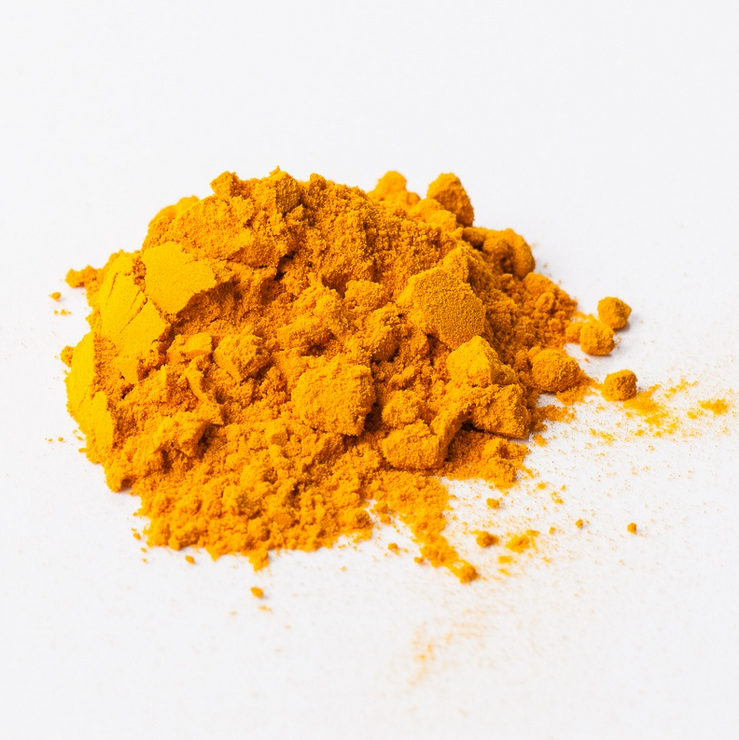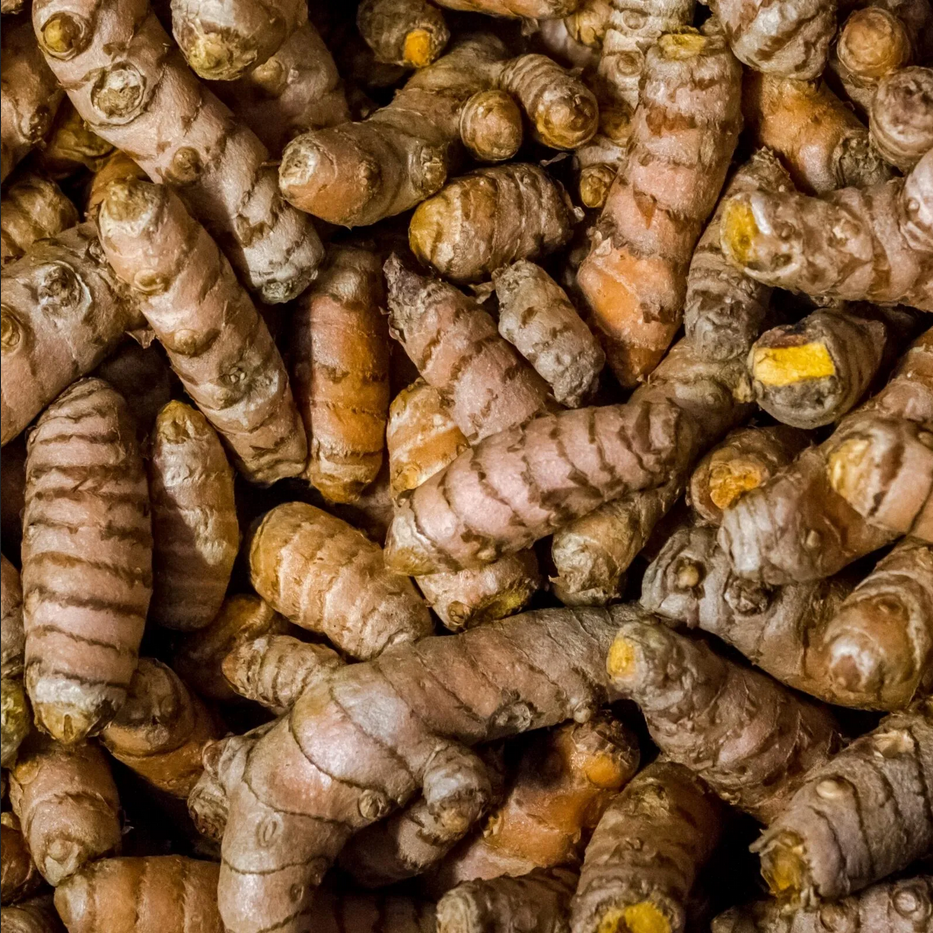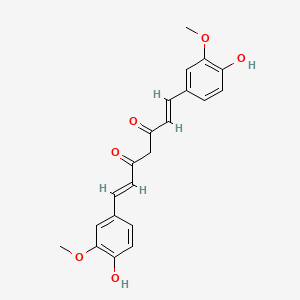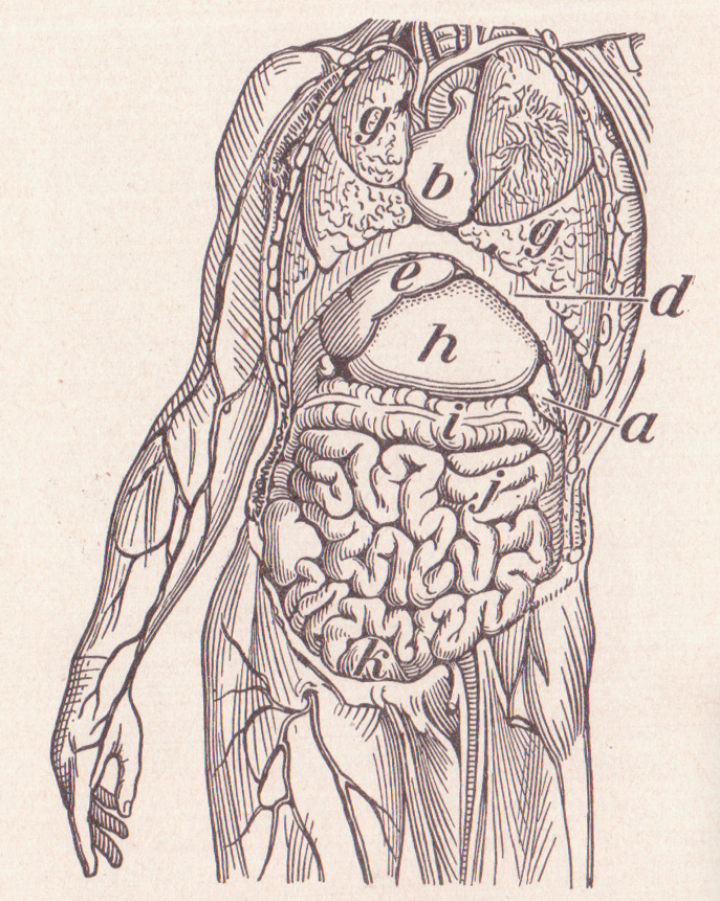|
Name: Curcumin
Type: Herbal supplement
AKA: Curcumin, Turmeric

|
|
II. Natural Derivative

|
|
III. Chemical Profile (IUPAC name)

|
|
IV. History
Curcumin, a compound derived from turmeric, has been used in traditional medicine for centuries. Its anti-inflammatory and antioxidant properties have been explored in modern research for potential therapeutic uses in various diseases.

|
|
V. Legal Information
Curcumin, a compound found in turmeric with anti-inflammatory properties, is not classified as a controlled substance. It is regulated as a dietary supplement or pharmaceutical agent, focusing on its health benefits.
Key US Federal Policies:
Curcumin supplements are regulated by the FDA as dietary supplements. They must meet standards for labeling, purity, and safety.
|
|
VI. Physical Effects
Curcumin, derived from turmeric, is used for its anti-inflammatory and antioxidant properties. As an upper, it supports cognitive function and overall health. Short-term effects include reduced inflammation and improved cognitive function, while long-term use is generally safe with minimal risks. Overdose risks are minimal but may include digestive issues. Safe dosing typically ranges from 500-2000 mg daily. Recent research highlights its effectiveness and benefits.  |
|
VII. Psychological Effects
Curcumin, a compound found in turmeric, has anti-inflammatory and antioxidant properties. Immediate effects include reduced inflammation and improved mood, with long-term use potentially benefiting overall health. Research explores its effects on inflammation, cognitive function, and overall well-being.
 |
|
VIII. Culture
Curcumin is a compound found in turmeric, known for its anti-inflammatory and antioxidant properties, classifying it as a mild stimulant. Short-term use provides health benefits such as reduced inflammation and improved joint health, while long-term use is generally considered safe with minimal side effects. Overdose risks are low, though excessive use may cause gastrointestinal discomfort. Safe dosages are typically up to 8 grams per day. Recent research highlights its effectiveness in reducing inflammation and potential role in disease prevention. Physical effects include reduced inflammation and potential mild digestive issues.
 |
